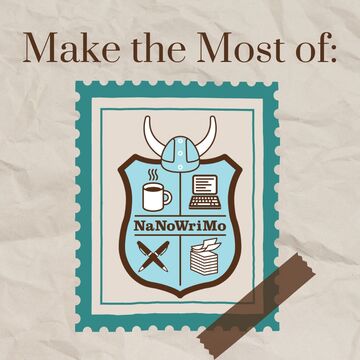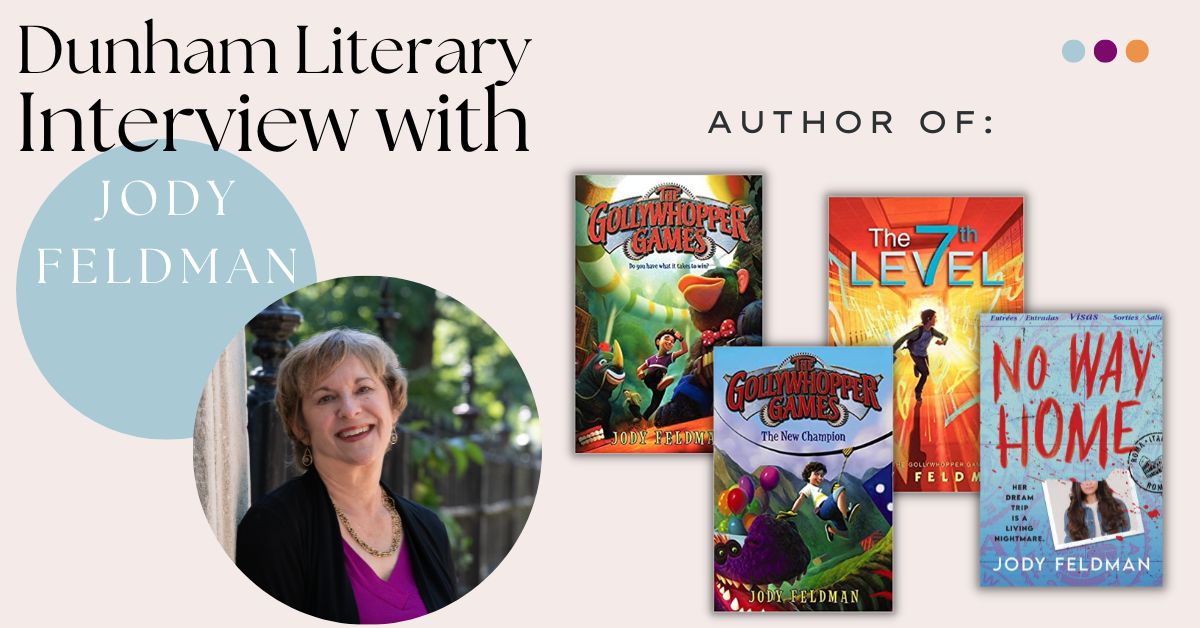|
November is here! It's NaNoWriMo time! Since 1999 the people behind National Novel Writing Month have been encouraging authors to meet their creative goals by challenging participants to write 50,000 words of a new novel in just 30 days. That's 1,667 words a day! At the end of the the month, writers who "win" NaNoWriMo will have the rough draft of their project and a huge boost of self-esteem to show for their hard work and persistence. It's a great way to supercharge your creativity and have a lot of fun with like-minded people. It is also legitimately difficult to write 50k words in such a short amount of time! So we have some tips for surviving and making the most of NaNo this year!
What does your creative process look like?It starts with a word, a phrase, or a thought, sparked by something I’ve seen or heard or dreamt; something that sticks in my mind. For now, I’ll jot it into my Ideas folder. As much as I might want to act on it—shiny, new object and all—it’ll sit there until I finish my current project. (When I start writing a book, I’ve made a commitment to finish a semi-polished draft.) Back to the spark. Usually, it will fade. But if it continues to tug on my imagination and has me thinking about it incessantly, I get serious. What follows are weeks or months of ruminating and notetaking. It’s not until deeper ideas are spilling out my ears AND I hear the voice of the main character dictating a first sentence that I’ll open a file and begin. After that, look out! I’ll write fast and sloppy; anywhere from 1,000 to 7,500 words a day until The End. And then revision. And more revision. And more… What do you think draws readers to your work?For starters, I try to craft that first sentence—at least, that first paragraph—to have readers questioning, already, what’s about to happen. Then, let’s include some mystery and intrigue even when that’s not the point of the story. That’s often how my characters back themselves into some delicious corner. Once there, they find previously unrecognized strengths; realize there’s more to them than they even know. We all like to feel that way, right? Outside of writing, what do you like to do?I LOVE visiting schools. Okay, so that’s part of writing. Not writing? I cook (and do it pretty well I’m told), read (of course), work crossword and other puzzles, travel, golf, watch football and movies and TV (maybe too much of all three). As for collecting, I have a different take on that: I chose to collect experiences rather than specific things. How do you celebrate a book release?Outside of cheering and fist-pumping and all, I do two things. 1. I plant a tree as a token gesture to offset the resources that writing and publishing use. 2. I buy myself a piece of artwork that, in some way, reflects a scene or mood of the book. How did you initially get into writing?I was a freshman in college, majoring in psychology, until that day when I realized how absolutely bored I was with my classes. I HAD to change majors which also meant that I needed to figure out what I wanted to do for the rest of my life. Nothing excited me. But I was at the University of Missouri, home of the Mizzou School of Journalism, the world’s first and best J-School. So, why not? It turned out I could write well, write fast, and most important, I was never bored. What is a cause you care about?The First Amendment; particularly, free speech, freedom of expression. Also, freedom to allow our children access to books from all viewpoints. This world is a great big, beautifully diverse place, and the best way for us to be learning, loving people is to understand the totality of humankind. Who are the authors who have inspired you?Through his books, Donald J. Sobol, author of the Encyclopedia Brown series, first made me aware that there are real people behind the words we read. Yes, I understood the concept of the author, but as I read each mini-mystery I wondered how he came up with the solution. Could I have done that? No, I thought. I know differently now. What is your advice for future/aspiring authors?My standard three-part answer used to be: 1) Read, read, read. Write, write, write. 2). Finish any story you start. 3). Once you finish, promise not to look at your story for the next two months, until you can view it with fresh eyes. Those are still valid, but now I stick to a single piece of advice: Get your face out of your devices! By experiencing life and the world around you, firsthand, you give your mind time and space to generate YOUR thoughts and YOUR ideas. Those are the ones that will create new and fresh and strong stories that leap off the page. What does your working space look like?There’s a desk. On the desk is a big old computer screen. And books and papers and pens. On the printer is Hubert, the printer mascot. He’s a stuffed turtle. I don’t know how he got there, and I don’t know who named him Hubert, but there he lives. What else is on my desk? It depends on how deep I am into the story. The messier the desk, the more I’m writing. Right now, you can barely see the light-colored wood on the surface. Talk to us about music. What are your favorite songs for writing? How do you switch it up? Do you have a theme song for yourself as a writing professional?It seems that each book I write comes with a theme song. I don’t look for one. Instead, it’ll be something I randomly hear one day. The reason may not be obvious to anyone but me, but it keeps me on track and captures an essence of why I began writing this book or these characters in the first place. This practice started with THE SEVENTH LEVEL and Bigger Than My Body by John Mayer. For NO WAY HOME, Paradise by Coldplay. And for my current WIP, We Gotta Get Out of This Place by The Animals. What has it been like working with Dunham Literary?Just when you think you’ve got it made (I have an agent!!!), the real work begins. Jennie will not let you get away with less than your best. And her instincts have been spot on. What are your favorite moments of both suspense and happiness in the NO WAY HOME?There’s a point in NO WAY HOME when Tess (the main character) snaps and, unexpectedly especially to her, turns the tables on her tormentors. I loved writing and re-reading that scene. In a whole different mood, there’s a meet-cute. I never expected to write one and didn’t know it was happening until I finished the scene. What are your favorite jokes and quotes in the book?I had fun with the parts where Tess, the main character, is struggling with her Italian; really mangling it. Her host family is doing the same with their English. At one point Tess reflects:
I have no clue whether I said the crypt was scary or it had a lot of gold. And some quotes? Very early in the book, I like how Tess, describing her counterpart in the exchange program, tells a lot about her own self…without telling a lot: I knew she was gorgeous—we’ve FaceTimed her and her parents weekly since we were paired up—but seeing her in person… Is there a step above breathtaking? If every girl in Italy is like Sofia, I’ll be utterly ignorable. Also this from Tess: “Don’t make it sound like a crime. I mean, it was, but I feel guilty enough.” One more thing… I wrote haikus! Who knew I could write haikus? They’re fun! If you have a minute, please send me one of your favorites! |
What's New?Keep an eye on this page for agency news, author interviews, and more! Archives
July 2024
Categories |


 RSS Feed
RSS Feed